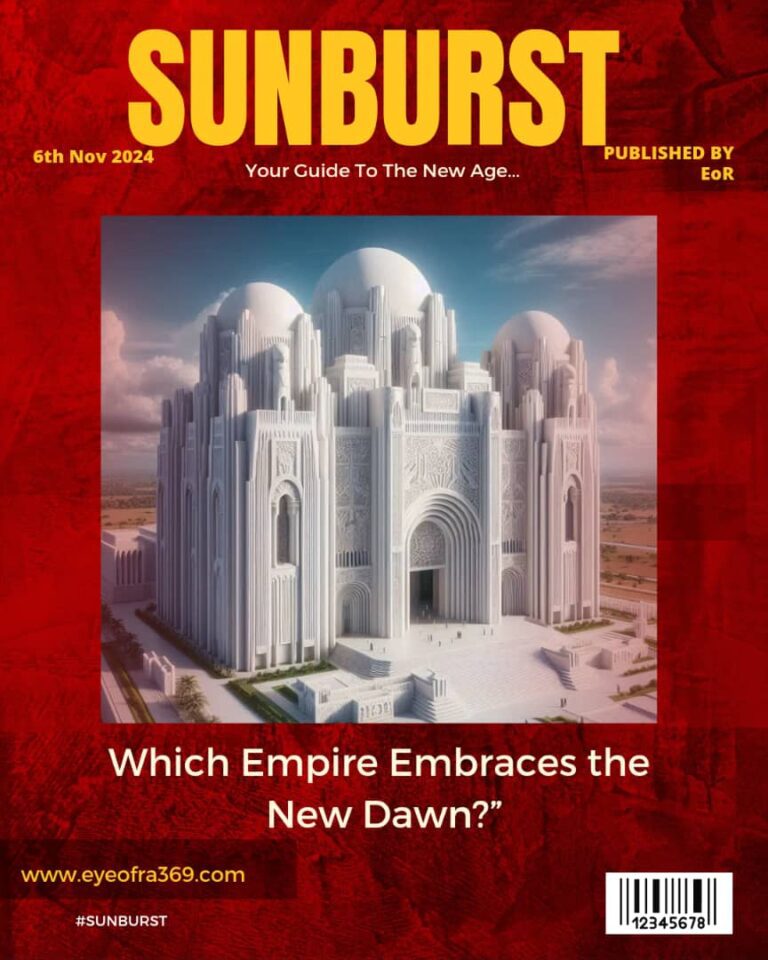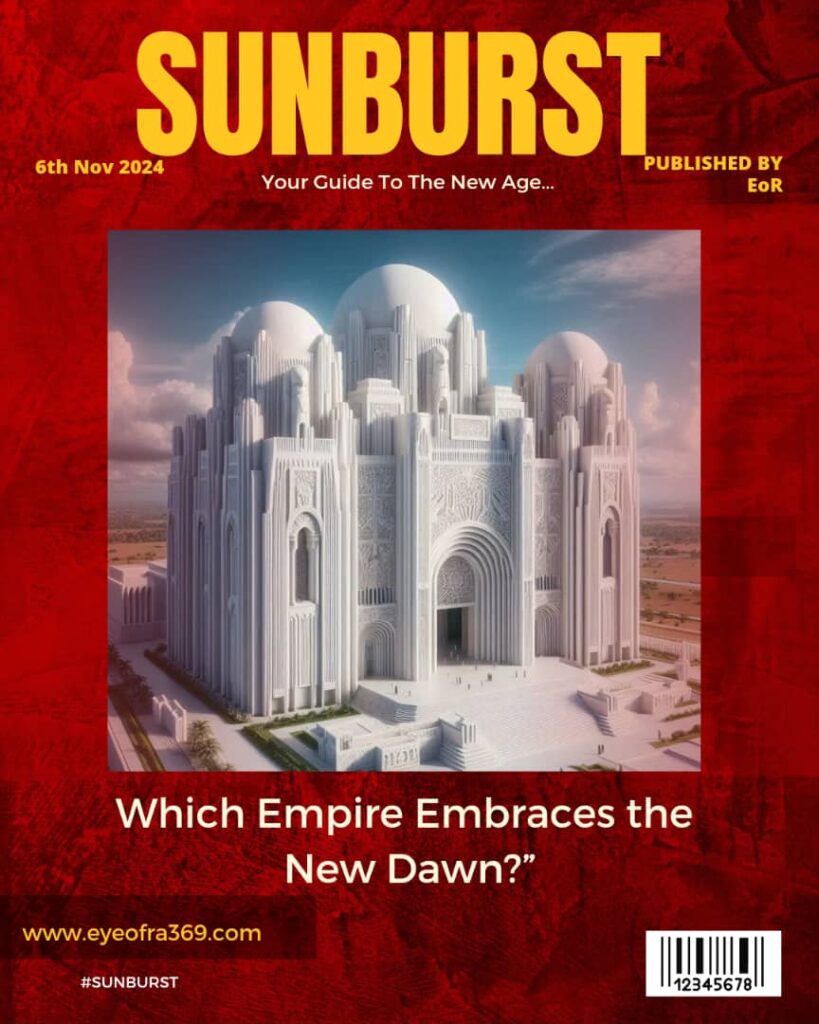Great empires and visionary leaders always spot opportunities from afar.

Successful individuals, institutions, empires, and civilizations are acutely aware of our rapidly changing world. They understand that it is not the big that swallows the small, but the swift that overtakes the sluggish. Thus, those who adapt quickly have a higher chance of survival.They study trends and seize opportunities from a distance.
Decades after the death of Jesus Christ, Christianity was in its formative stage, confined to Jews and embroiled in debates over the inclusion of non-Jews.
The mighty Roman Empire, deeply rooted in its traditional religion, watched with keen interest as the new light of Christianity spread like wildfire.
In 313 AD, sensing new opportunities, Emperor Constantine of Rome issued the Edict of Milan, accepting Christianity into the empire after years of rejection, persecution, and ridicule.
Just ten years later, Christianity had become the official religion of the Roman Empire.
Today, Christianity is a major reason Rome is revered, visited, and adored as a Holy City. The descendants of Rome, wherever they are in the world, often find themselves at the pinnacle of human achievement.
In Rome’s 2,775 years of existence, 2,000 years of Christianity stand out as the most visible theme of one of the most powerful empires in human history, earning it the name “City of Eternity.”
As new lights emerge, which empire will be the first to grasp them? The race is on.!
Authored by EoR
(SUNBURST unveils the cryptic contemplations of EoR).








